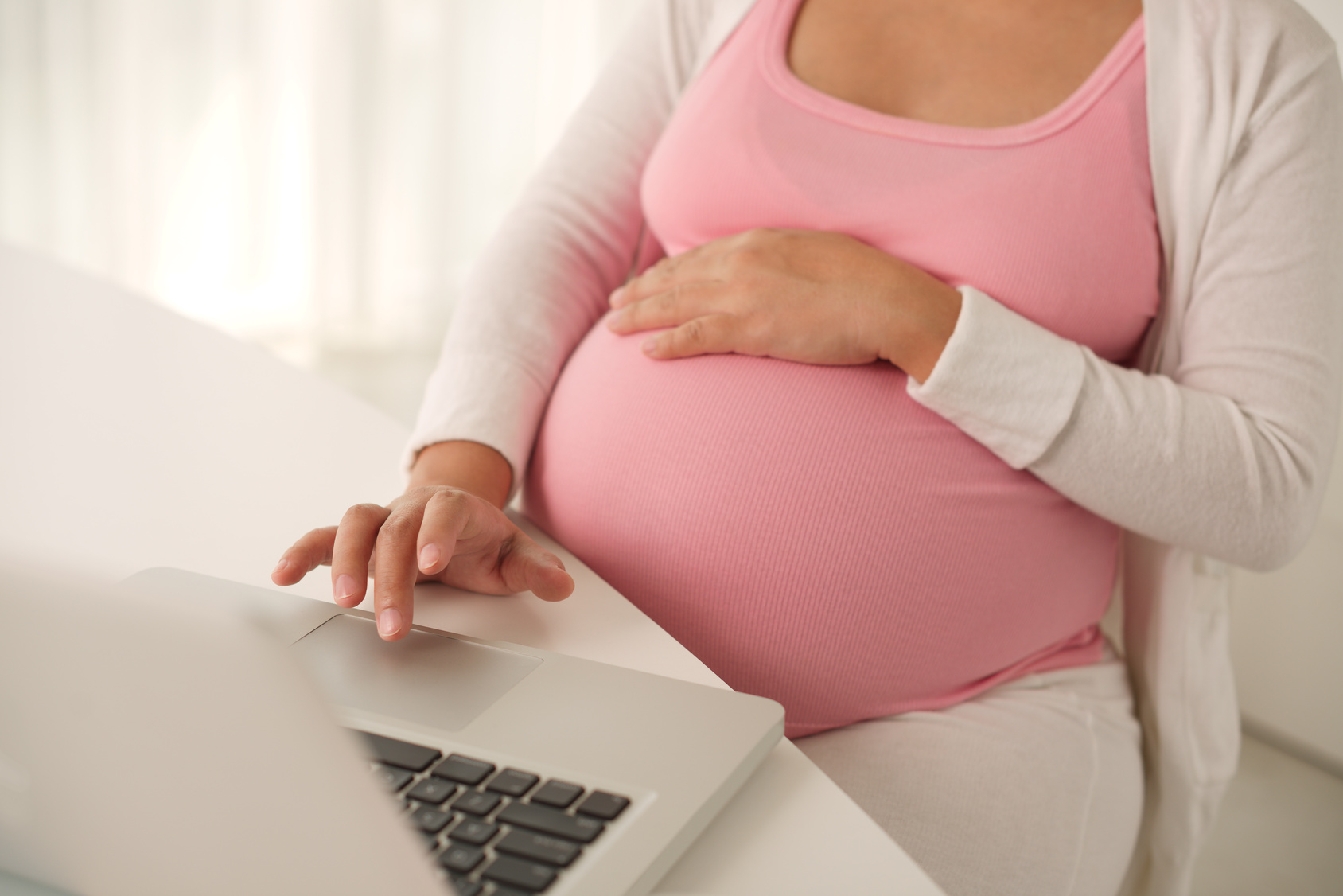Blog, News & Offers
How can pregnancy effect your vision?
Posted on Thursday, April 1, 2021

Many changes that happen during pregnancy are well-known and recognised, such as food cravings, swollen feet, morning sickness and mood swings. However, how many of you knew that your vision could be affected too?
Whether you are pregnant or you are thinking about becoming pregnant, it’s important that you are aware of the changes your body could go through over the upcoming 9 months.
Pregnancy can change your hormone levels, which can affect many parts of your body as your baby grows. A fluctuation in your hormones can result in slightly impaired vision; however, it is important to note that most women find their vision returns to normal after giving birth.
If you are concerned about your eyesight during your pregnancy, it is important to visit your local optician just to make sure there are no underlying problems.
Hormones during pregnancy can change the quality of your vision for a number of reasons as your body goes through a multitude of changes. Usually these changes are temporary; your optician may advise avoiding any corrective eye surgery or changing your lens prescription.
Here are some of the vision changes you may experience during pregnancy.
DRY EYES
Your hormones during pregnancy may cause dry eyes, due to a change in the quality and amount of tear production in your eye. You might experience symptoms such as excessive tearing, intermittent blurry vision or a scratchy, burning sensation.
This happens because the lubricating glands on the upper and lower eyelid margins produce less oil to keep your eyes moist. You can usually treat this problem with eye drops which are safe to use during pregnancy. All of our practices have staff trained in ocular hygiene and can discuss which dry eye products are suitable for you during pregnancy.
REFRACTIVE ERRORS
Pregnancy can sometimes change how your eyes refract light, meaning you may have trouble seeing objects in the distance, causing short-sightedness. This is due to water retention which can thicken the cornea and alter the surface of your eye.
If the changes are only minor, it is recommended that you wait until you have given birth to see if a change in prescription is necessary, unless you are happy that a change in specs may only be a temporary fix. However, you should still see an optician to make sure your vision problems aren’t being caused by any other issues.
As well as water retention affecting your cornea, you may experience puffy eyes.
MIGRAINE HEADACHES
Some women may find they experience lots of headaches, which is more common in early pregnancy. This can be liked to hormonal changes and may result in sensitivity to light. It is important that you check with your doctor before taking migraine medication.
You may also benefit from minimising your exposure to light during a migraine headache, either by wearing sunglasses or turning the lights down.
Headaches can sometimes be a symptom of pre-eclampsia, as can blurred vision or seeing flashing lights.
NOTICING CHANGES IN YOUR VISION DURING PREGNANCY
Any changes in your eyesight should always be checked by a medical professional. Sometimes vision problems can provide warning signs of more serious conditions during pregnancy, such as the aforementioned pre-eclampsia, or high blood pressure.
If you have diabetes, pregnancy could worsen any pre-existing eye disease such as diabetic retinopathy. You may develop gestational diabetes, which can flare up during pregnancy and disappears after childbirth, which can cause blurry vision.
By being able to recognise any changes in your vision, your optician can advise on the best treatment to help until you have given birth and after. It is important to eat well and keep yourself hydrated, particularly through pregnancy, to give yourself the best chance of good eye health.
Blog Search
Blog Categories
- News & Offers (50)
Blog Archives
- August2023 (1)
- April2023 (1)
- November2022 (1)
- October2022 (2)
- September2022 (1)
- August2022 (3)
- June2022 (3)
- May2022 (3)
- March2022 (3)
- December2021 (2)
- November2021 (1)
- June2021 (1)
- May2021 (1)
- April2021 (2)
- March2021 (2)
- February2021 (4)
- January2021 (1)
- December2020 (1)
- November2020 (2)
- October2020 (1)
- September2020 (3)
- July2020 (1)
- April2020 (2)
- March2020 (2)
- October2019 (1)
- July2019 (2)
- June2019 (1)
- February2019 (1)
- January2019 (1)